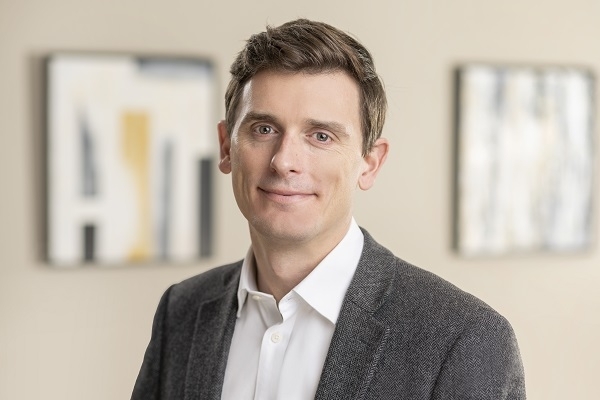Mon 31st Jul 2023
New referral to the EPO Enlarged Board of Appeal
Service: Patents
Sectors:
When is a product that has actually been marketed not prior art?
David Roberts explains The European Patent Office’s (EPO) recent announcement that one of the EPO Technical Boards of Appeal has referred some questions to the EPO Enlarged Board of Appeal, under case G 1/23.
Questions can be referred to the Enlarged Board of Appeal when for example the case law in the EPO has become contradictory over time. The Enlarged Board of Appeal can then decide what approach is correct and how the point of law or the like should be handled in future.
In this case, the Technical Board of Appeal which referred the questions was deciding an appeal following an opposition.
The key point of relevance here is that in the opposition and the appeal, reference was made by the opponent to a product that had been marketed before the priority date. There were discussions over whether the composition of that product could “be analysed and reproduced without undue burden” and therefore what was actually known, or at least could have been known, before the priority date and could be used as prior art to attack the patent.
This was in line with an earlier, and quite old, decision G1/92 of the Enlarged Board of Appeal. In that earlier decision, it was decided that if a product has been marketed and it is possible for the skilled person to discover the composition or the internal structure of the product and to reproduce it “without undue burden”, then both the product and its composition or internal structure become “state of the art” (i.e. can be cited as prior art).
This earlier case was in line with the approach that it is only the knowledge of the person skilled in the art that could be relevant for use in novelty or obviousness attacks.
However, in the decision that referred the questions, it was noted that in subsequent cases when it was found that the product put on the market could not be analysed or reproduced (“without undue burden”), some decisions decided that (a) the chemical composition (or internal structure) was not state of the art, whereas others decided that (b) in addition to the product’s chemical composition or internal structure not being state of the art, the product itself was not state of the art.
As noted in the decision referring the questions, “While the difference may seem of theoretical interest at first sight, it may lead in practice to significantly different conclusions. As a direct example related to the present case, if in application of opinion G 1/92 a product is not state of the art pursuant to Article 54(2) EPC, that product cannot be used as starting point for assessing inventive step.”
And so, the first question which has been referred is as follows:
“Is a product put on the market before the date of filing of a European patent application to be excluded from the state of the art within the meaning of Article 54(2) EPC for the sole reason that its composition or internal structure could not be analysed and reproduced without undue burden by the skilled person before that date?”
So, this has asked the Enlarged Board of Appeal to decide whether, for a product whose composition or internal structure cannot be learnt and which cannot be reproduced “without undue burden”, everyone should pretend that the product never existed (is not state of the art) even though in fact it did. This might seem surprising to some, given that in fact (and as was agreed by the parties in this decision), the product did exist and was on the market and therefore, of itself, publicly available.
It will be interesting to see what the Enlarged Board of Appeal decide. Hopefully, common sense will prevail.
For more information on patent protection, please contact David Roberts.
This briefing is for general information purposes only and should not be used as a substitute for legal advice relating to your particular circumstances. We can discuss specific issues and facts on an individual basis. Please note that the law may have changed since the day this was first published in July 2023.


